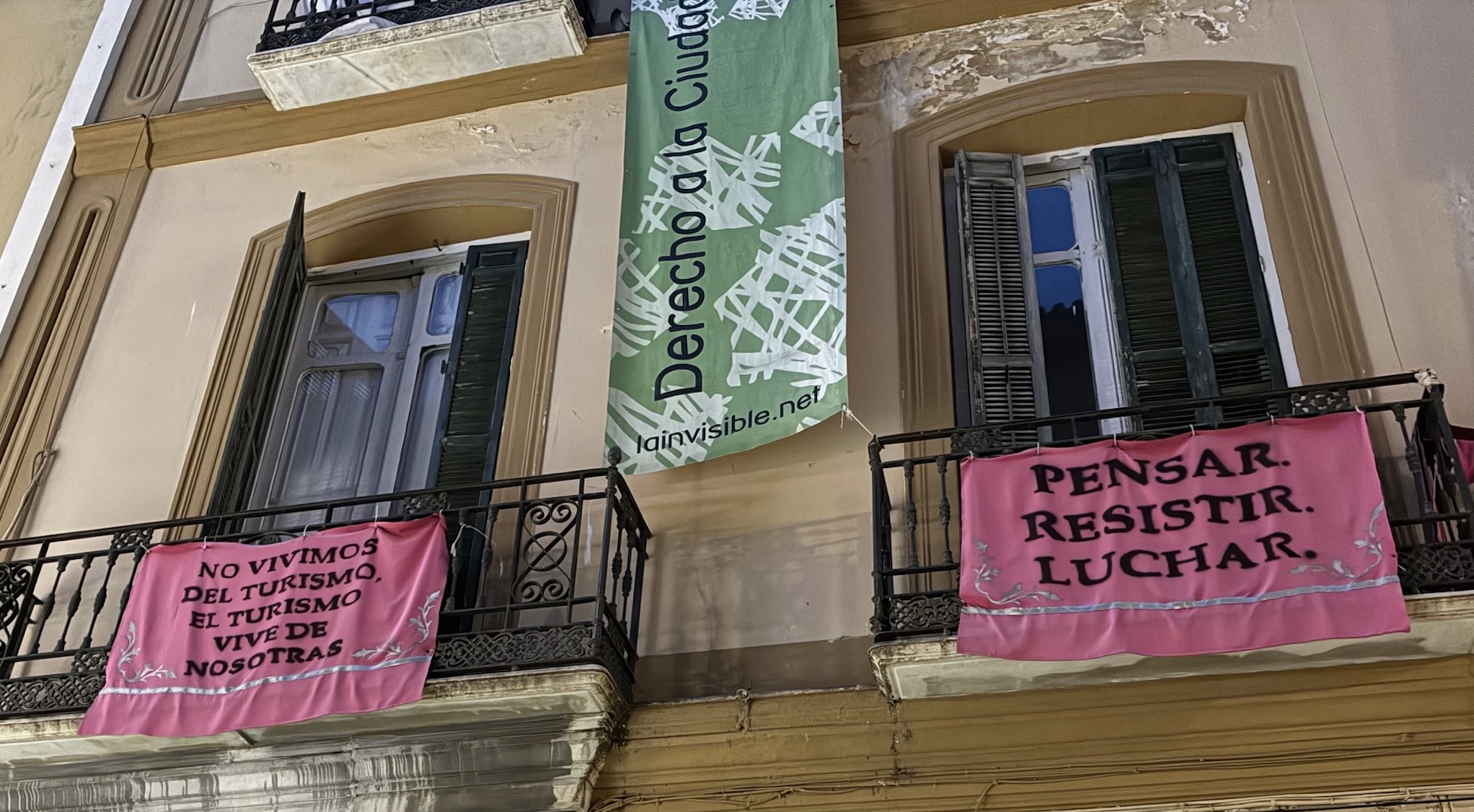Democracy Lab
Democracy Lab
Reinventing citizen democracy in the age of platform capitalism
Formal and informal organizing is intrinsically linked with the ideas, practices, institutions, and technologies of democracy. In a time of “polycrisis”, the failing trust in political institutions, and the rise of digital platforms, this project targets the emerging academic and institutional focus on the need for democratic innovation. The Democracy Lab is based on our long-term interest in the varieties, problems, and possibilities of socio-technical organization in diverse contexts (e.g. Braa, Sahay and Monteiro 2004, 2023; Røyrvik 2011, 2021, 2023).
Contemporary varieties of democratic societies have in various degrees been characterized by notions such as “the post-political” (Žižek 1999) and “post-democracy” (Crouch 2004) – signaling a crisis of democracy also in western liberal societies like the USA (Wolin 2008; Gilens and Page 2014). This reflects a sense that democratic politics proper in the meaning of both direct, participative, and representative power of and for the people, has been drawn back, retracted, and contracted. The post-political is defined by the broad-based rise of experts (Žižek 1999) and various forms of technocratic modes of control and “governance-beyond-the-state” (Swyngedouw 2005), characterized by different “control hybrids” and analyzed by concepts such “devolved democracy”, “managed democracy” (Courpasson 2000, Clegg and Courpasson 2004; Clegg et al. 2011) and “surveillance capitalism” (Zuboff 2019) where the rise of digital platforms is central to the analysis of democracy and political economy.
These tendencies are also very much present in Norwegian society. The Norwegian “Makt og demokratiutredningen” (Østerud et al. 2003) found that representative democratic government has been weakened in every part of the system by economic interests and power, and by processes of “legalization” and “mediatization” of politics, creating a “directed democracy and society” (“regissert samfunn”). “Democracy” has arguably been a key concept both in the overarching system logic of Norwegian social “democratic capitalism” (Sejersted 1993; Byrkjeflot et al. 2001; Røyrvik 2011) and in the “Norwegian model” of organization and work life (e.g. Emery and Thorsrud 1976; Levin et al. 2012; Bugnum et al. 2015; Røyrvik 2023). However, the core democratic premise of the model is being challenged and undermined on all levels (e.g. Falkum 2022; Røyrvik 2017).
On this background there is currently a growing literature on the needs and actual development of democratic innovation (Smith 2009, 2021; Escobar and Elstub 2019; Bua and Bussu 2023), involving among other things a revival (Graeber & Wengrow 2021) of various forms of participative democracy (Reybrouck 2016), including deliberative public assemblies and citizen panels (Dryzek 2019; Curato 2021; Frank 2021), and the use of participative, democratic digital platforms such as Decidim (Barandiaran et al. 2024; Borge et al. 2022) – being used in several countries including in Spain and Norway. This project is part of this movement and investigates and problematizes the crisis of democracy and the emergence of democratic innovation in a variety of contexts and cases.


The Democracy Lab draws inspiration from relevant cases from diverse empirical domains (Røyrvik 2026), such as participatory democracy and the cooperative economy and commons based organizing, including examples such as Decidim Barcelona, Can Batlló, El Poblet, the small-town "real utopia" Marinaleda (Brodersen and Røyrvik 2026), and various housing, worker and consumer cooperatives.
The Democracy Lab engages with Norwegian KS (Kommunenes interesse- og arbeidsgiverorganisasjon), Trondheim municipality and other Norwegian municipalities in their various and emerging efforts related to democratic innovations, including experiments with public assemblies, citizen panels, and implementation of the democratic digital platform Decidim. The project is moreover comparative in scope and will involve numerous comparative case studies and ethnographic studies on democratic challenges and reinvention across countries, including collaboration with national and international scholars on these topics.

Democracy Lab seeks to promote, give visibility to and analyze a variety of bottom-up, activist-oriented ways democracy is attempted reinvented in Norway and in selected countries. We are particularly interested in understanding the sustainability of such efforts over time.
